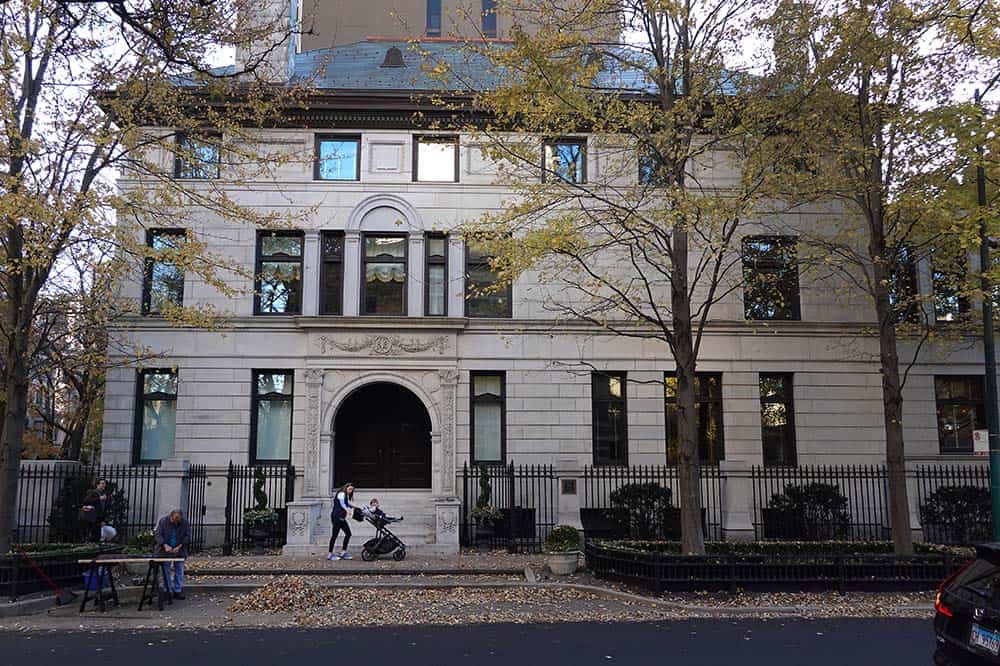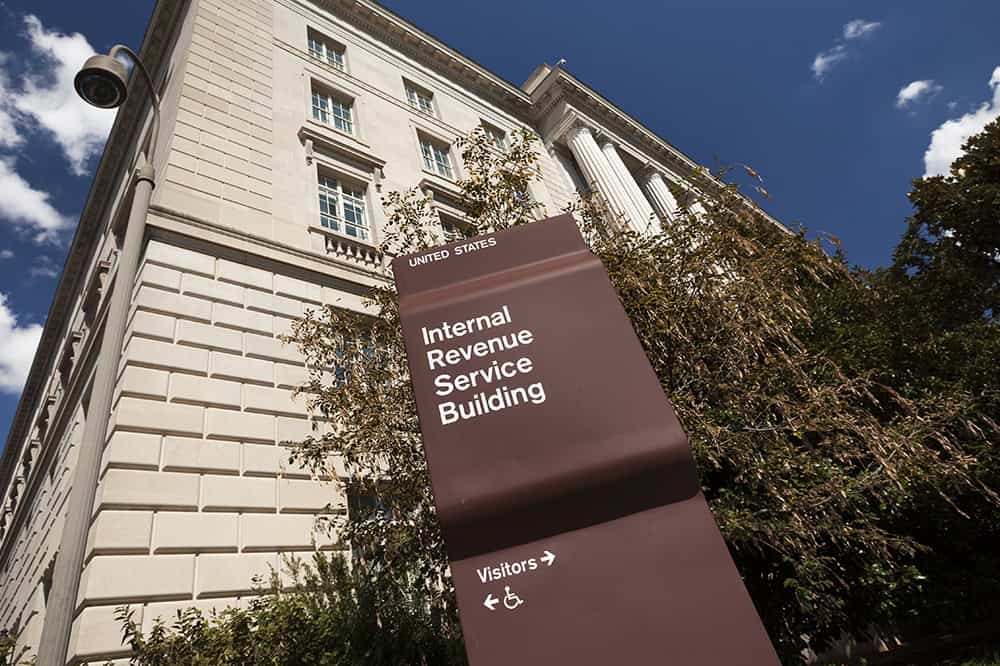Statement on President Trump’s Budget Blueprint

NEW YORK — Michael A. Peterson, President and CEO of the Peter G. Peterson Foundation, commented today on the President’s budget blueprint outlining discretionary spending levels for fiscal year 2018:
“America faces significant fiscal challenges caused by a structural, long-term imbalance between revenues and spending. Economic growth requires a stable fiscal foundation, and the annual budget process is an important opportunity to put our nation on a more sustainable path.
“Today’s budget provides initial information, covering just one year and focusing on discretionary spending, which represents only approximately 30% of spending. While every part of the budget is important, discretionary spending is not a key driver of our growing debt — it is already projected to decline below historical levels.
“As lawmakers work through the budget process and pursue other major reforms, they have a responsibility to address our nation’s high and rising debt. On our current path, annual deficits will exceed $1 trillion in just 6 years, and the national debt will grow by $10 trillion over the next 10 years. We need to change course and chart a path for a sustainable fiscal future, in order to build a solid foundation for economic growth and prosperity.”
For additional information, see:
Further Reading
What Are Estate and Gift Taxes and How Do They Work?
Estate and gift taxes produce relatively lower revenue compared to other sources, but they generate a significant amount of attention, and even controversy.
Budget Basics: How Does Social Security Work?
Social Security is the largest single program in the federal budget and typically makes up one-fifth of total federal spending.
10 of the Largest Tax Breaks Explained
Tax breaks totaled over $2.0 trillion in 2025. That’s more than the government spends on Social Security, defense, or Medicare and Medicaid.


